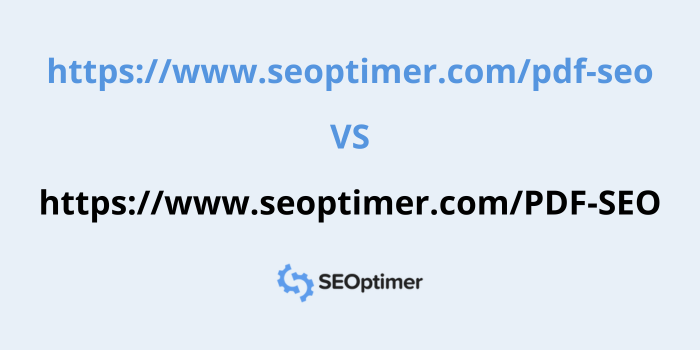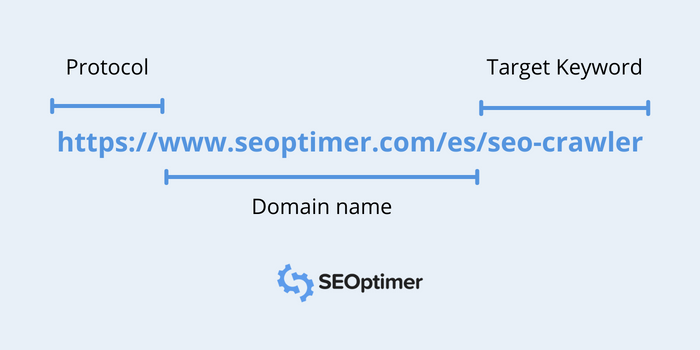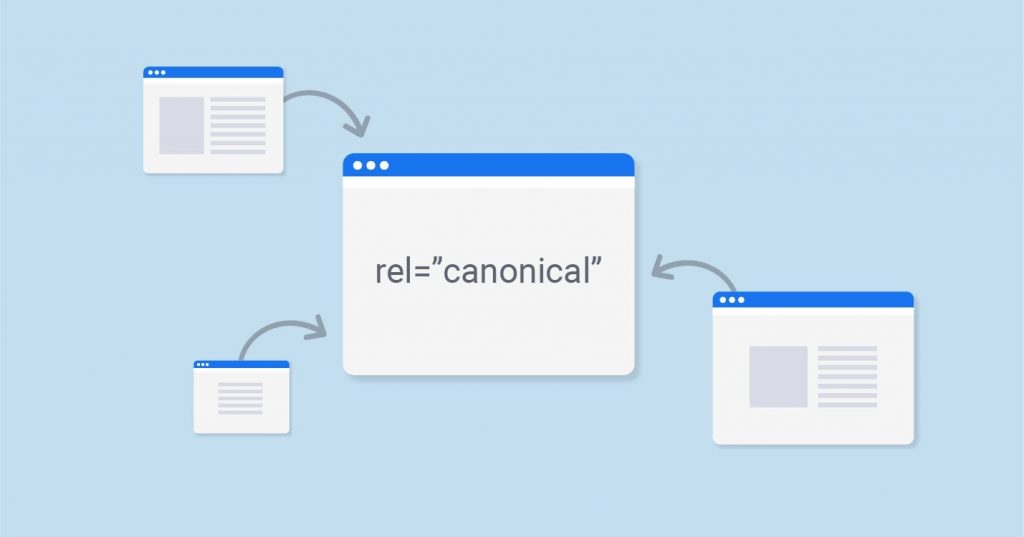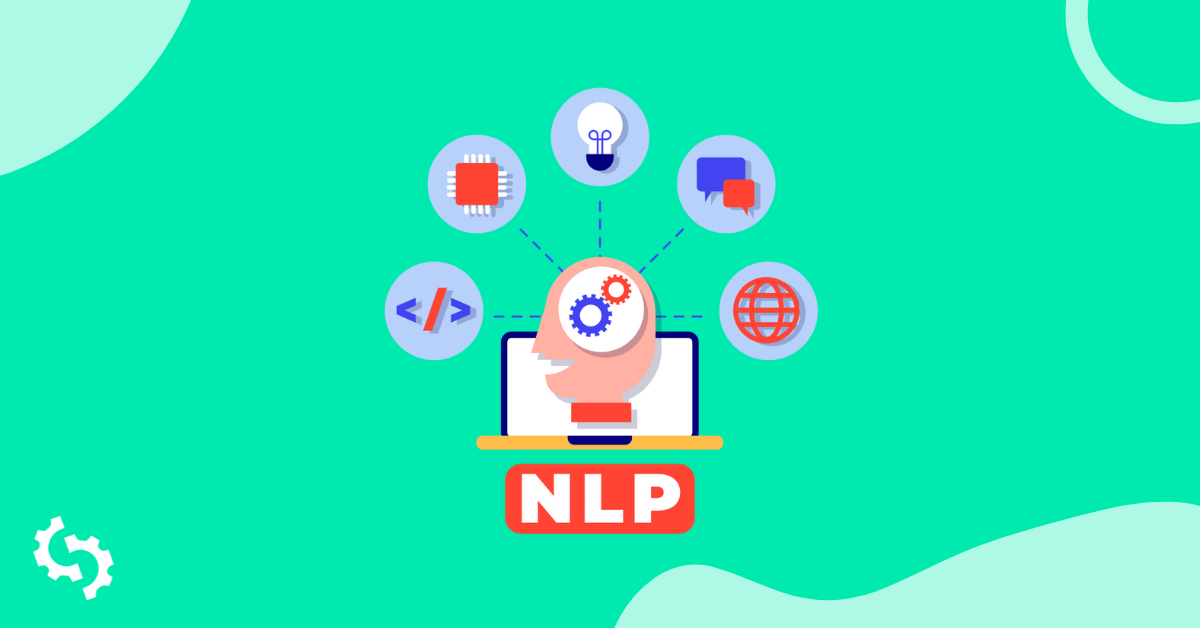
URL capitalization is an aspect of SEO that often raises questions. People are confused about whether they should capitalize or keep their URLs in small cases.
In this article, we will clarify the confusion to help you understand whether URL capitalization affects SEO and whether you should capitalize your website URLs.
What is URL Capitalization?
URL capitalization refers to using uppercase or lowercase letters in a website's web addresses (Uniform Resource Locators).

For example, consider the following URL: https://example.com/Products/Electronics/TV.
In this case, "Products" and "Electronics" are capitalized. The capitalization in the URL path can be intentional for stylistic or semantic reasons. It might convey a hierarchy, structure, or categorization within the URL.
Are URLs Case Sensitive?
The path component of a URL, which comes after the domain, can be case-sensitive or case-insensitive, depending on the web server.
A URL's scheme and host components (e.g., "https://mywebsite.com") are not case-sensitive. This means that "https://mywebsite.com," "HTTPS://mywebsite.com," and "hTTpS://MYweBsIte.CoM" would all refer to the same resource.
The majority of web servers and file systems treat URL paths as case-insensitive. This means that "https://example.com/Products" and "https://example.com/products" would typically point to the same resource.
Does URL Capitalization Affect SEO?
Search engines treat URLs as case-sensitive, and variations in capitalization may result in the indexing of multiple, potentially duplicate, versions of the same content. This can dilute the SEO value of a page and impact its ranking.
Maintaining uniformity in URL capitalization ensures that search engines accurately index and understand the structure of a website.
Moreover, inconsistent URL capitalization can create confusion for users navigating a website. Users may encounter unexpected errors or perceived inconsistencies, impacting the overall user experience.
A cohesive and SEO-friendly URL structure, achieved through consistent capitalization, contributes to a smoother and more intuitive user journey.

Finally, URLs are often shared and linked across different platforms. Inconsistent capitalization may lead to broken links, redirect issues, or lost referral traffic.
Ensuring that links maintain the same capitalization as the target URLs is vital for preserving link integrity and preventing disruptions in online connectivity.
Can Your Site Get Penalized for URL Capitalization?
Google and other search engines do not penalize websites specifically for URL capitalization issues.
However, inconsistent URL capitalization can lead to SEO challenges and affect user experience, indirectly impacting your site's performance in search engine results.
Here are some considerations:
Duplicate Content
Capitalization in URLs can result in search engines treating URLs with different capitalization as separate pages, even if the content is identical.
This scenario can lead to indexing multiple versions of the same content, causing duplicate content issues. Duplicate content is a concern for SEO as it can confuse search engines in determining the canonical version of a page.

Image source: Backlinko
Linking Challenges
When different versions of URLs (due to varying capitalization) are used in inbound links, search engines may treat each version as a separate entity. This can lead to link equity dilution, as the authority and value of those links are spread across multiple variations of the same content. It becomes challenging for search engines to consolidate the link authority effectively.
Link equity is a crucial factor in determining the ranking potential of a page.
If link equity is dispersed across different URL variations, it can affect the page's overall authority in search engine rankings. Consistent capitalization helps consolidate link equity, contributing to a more robust SEO profile.
User Experience
Maintaining a consistent and polished online presence is crucial for businesses and brands.
Users might be less likely to engage with content or click on links if they perceive the website as unreliable or prone to navigational errors. A negative user experience can result in higher bounce rates and lower engagement metrics.
Hence, inconsistent URL capitalization may impact brand perception, signaling potential sloppiness or lack of attention to detail, affecting how users perceive the overall brand image.
Canonicalization
Canonicalization, the process of indicating the preferred URL version, becomes challenging when inconsistent capitalization is present.

Image source: DigitalGarg
Search engines may not recognize the canonical version accurately, which can result in improper consolidation of signals. Establishing a clear canonical URL is crucial for streamlining SEO efforts and ensuring the accurate attribution of ranking signals.
Hence, you should regularly check and update your internal links, ensure canonicalization is appropriately implemented, and adopt a standardized approach, such as using lowercase letters for URLs, to mitigate potential SEO challenges.
Server Configuration
The case sensitivity of URLs can depend on the server and file system configuration.
For example, Unix-based servers are case-sensitive. This means that "example.com/Buy-Shorts" and "example.com/buy-shorts" would be treated as distinct URLs pointing to different resources. If your website is hosted on a server with a case-sensitive file system, it's crucial to be consistent in your URL capitalization to avoid potential issues.
Conclusion
While search engines are becoming increasingly sophisticated in interpreting variations, maintaining a consistent and lowercase URL structure is generally advisable for a streamlined and predictable user experience.
Adhering to a standardized approach, such as consistently using lowercase letters, promotes a cleaner and more maintainable codebase. It aligns with industry conventions, reduces the likelihood of unexpected behaviors, and contributes to a more robust and reliable website architecture.










